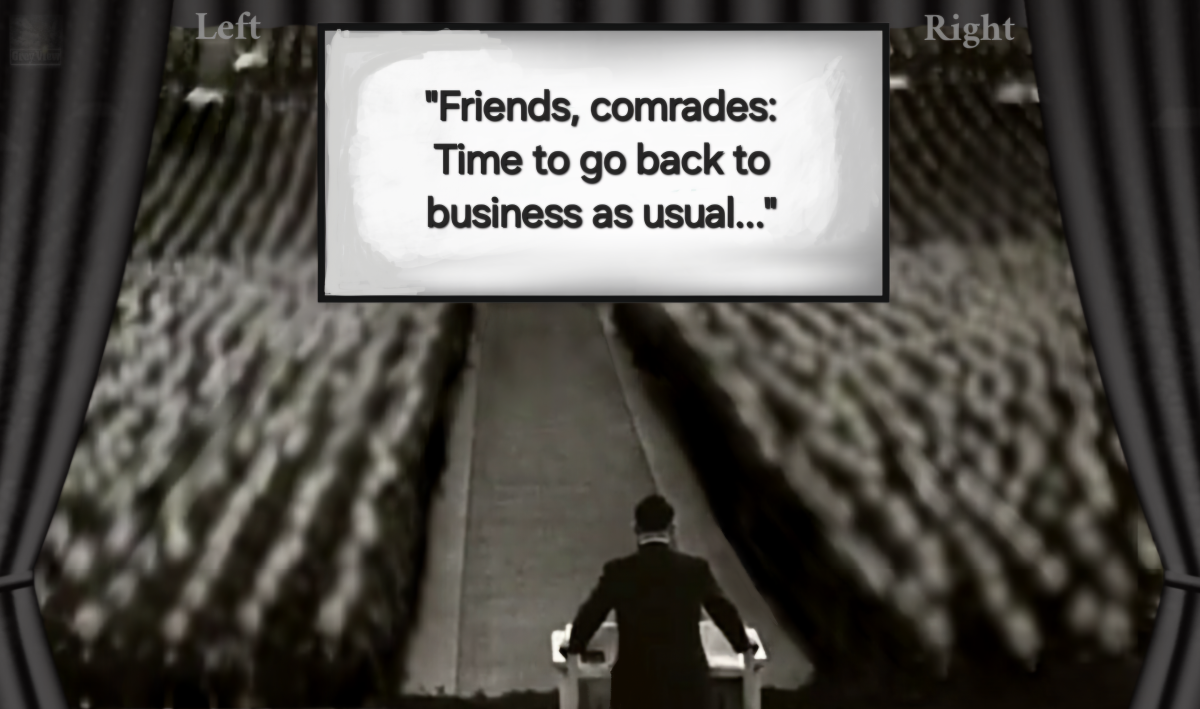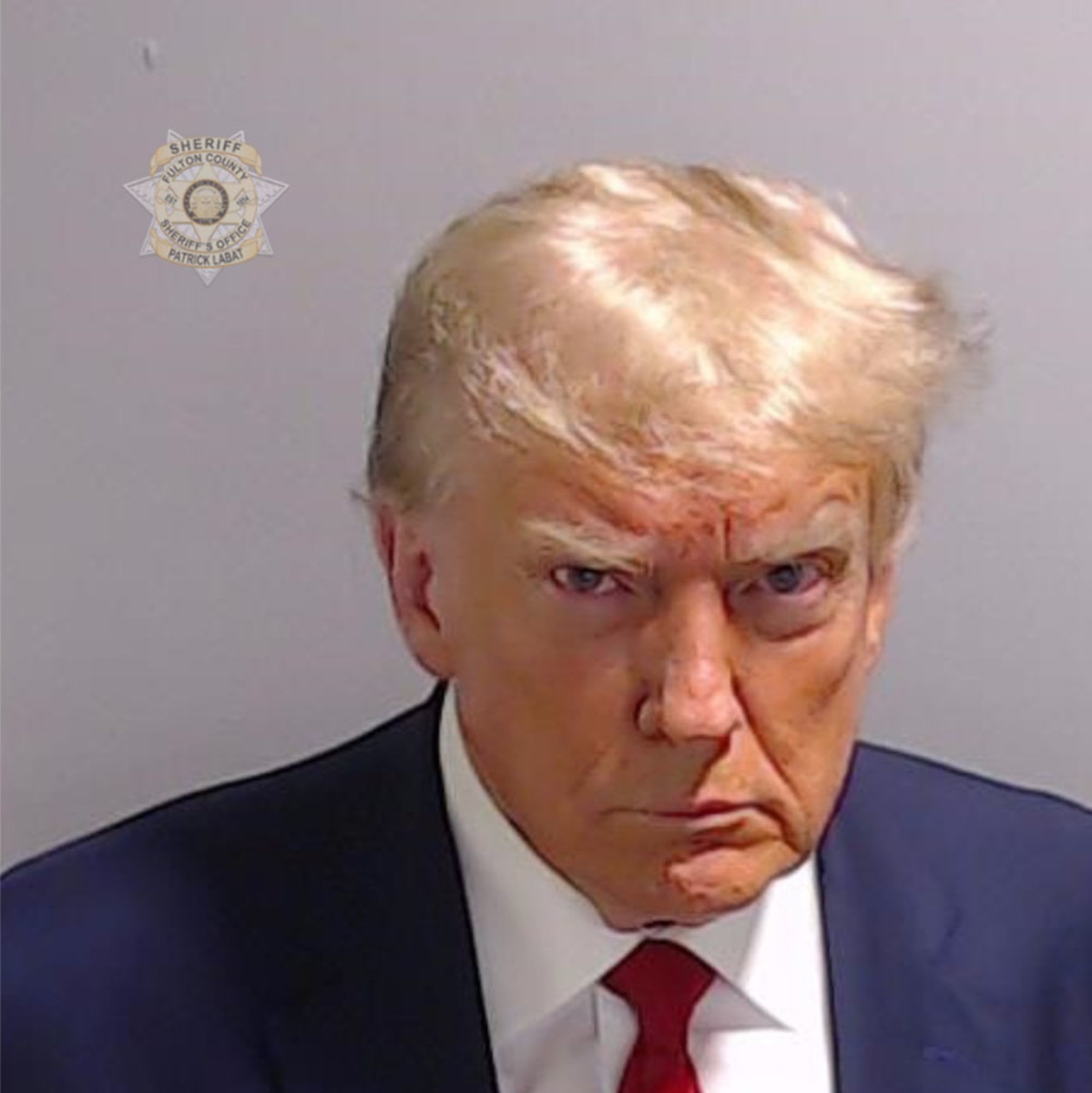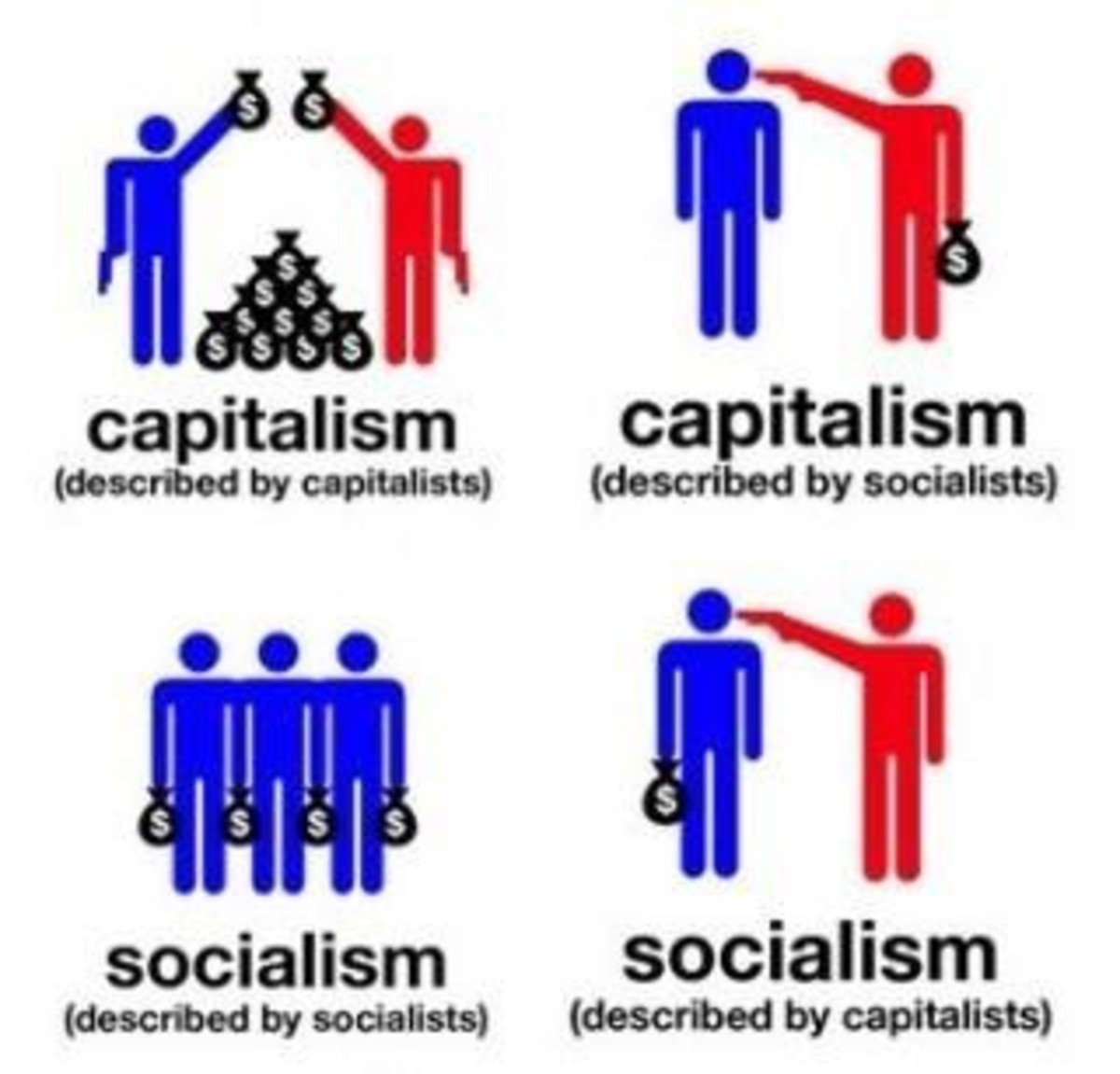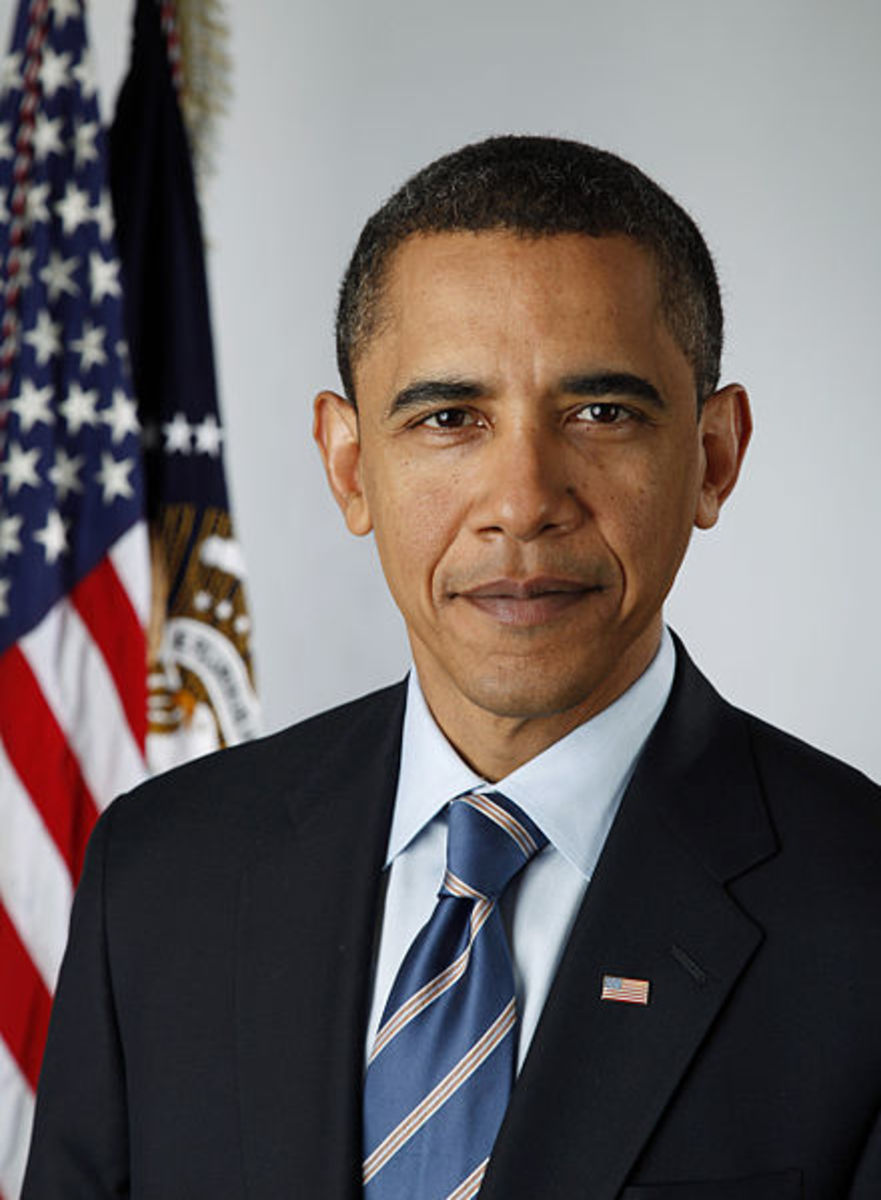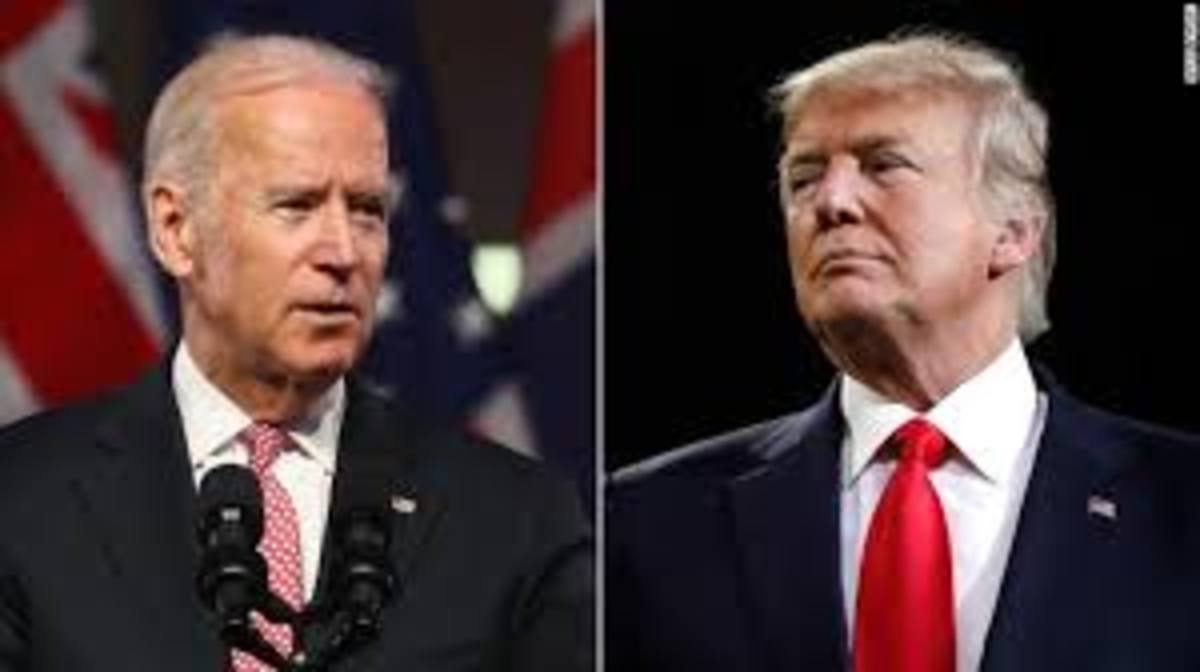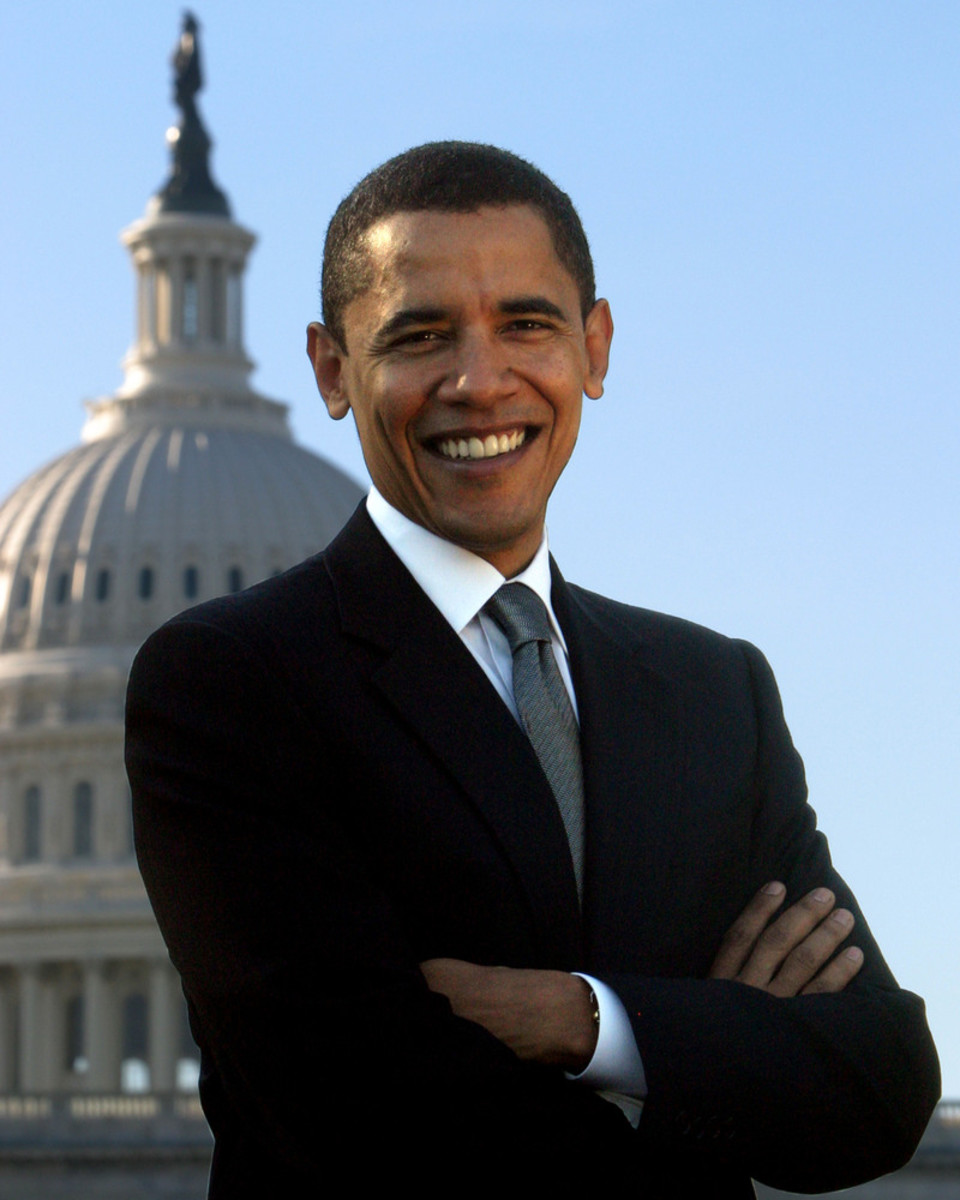Special Elections: Is There a Better Way?
What Kind of Government Do We Have?
Here in the United States, we have a system of government known commonly and colloquially as a democracy. That is not quite precisely true; it is actually a Republic.
Under a republic, there are sub-types. We live in a Constitutional federal (federation) presidential republic. That’s a bit of a mouthful, so it’s easier to just say a democracy, even if that is not precisely accurate. We could shorten it to republic, instead, but the term democracy is of such long standing use, that is unlikely to happen.
When our government was first formed, after the 1787 Constitutional Convention, the story goes, a woman approached Benjamin Franklin, and inquired, “Well, what do we have? A republic or a monarchy?” His swift reply was, “A republic, if you can keep it.”
Of course, the key to ‘keeping it’ is active participation in the voting process. As we see almost daily in the news, this process has become quite subverted by big money interests, but that’s a whole different article.
The Election Process
As most educated citizens are aware, elections are held a couple of times a year to select representatives for various government offices and decide upon any issues.
Every four years, the election includes whom to choose as our next president, along with the other officials whose terms may be up or who have retired, and any issues (propositions) that may appear.
Some states have term limits on their state government representatives, who may not serve more than two terms in a given office.
This system has been serving well enough for the last two-hundred-odd years. However, there are some problems.
The City Clerk Is Most Often the Agency Handling Elections
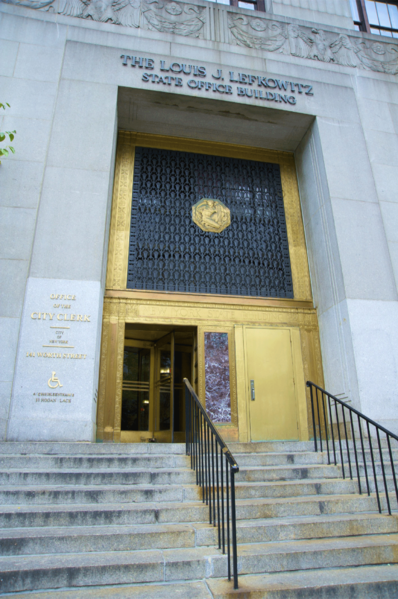
What is a Special Election?
A special election is held under a few circumstances:
- An elected official has retired, resigned or died
- An elected official has run for, and won, a seat in a different official capacity before his original term has expired, thus vacating their prior seat
- An elected official has been removed from office for illegal activity
- Some special propositions, considered to be of urgent timing are put forth to be voted upon (Precious few things are so critically urgent that they cannot wait for the next regular election cycle!)
Special elections are very expensive. Why? Because all of the same protocols and services must be provided, just the same as they would be for a regular primary or general election.
Currently, in the county in which I live, it seems there is a special election of some sort nearly every year; at least every two years.
Voting Booths Need to Be Set
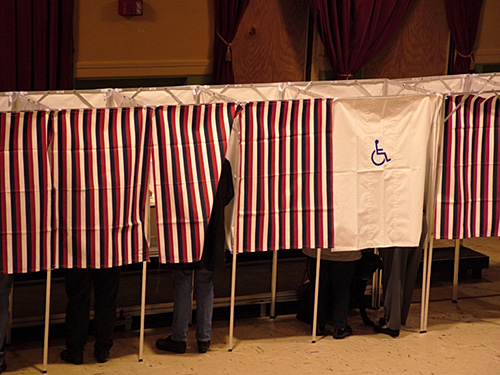
How Much Does a Special Election Cost?
The short answer: a lot.
According to our county elections office, one particular election cost the taxpayers seven hundred fifty thousand dollars!
That’s for one special election. Sometimes, there is more than one such election in any given year! That adds up to a total, then, of a million and a half dollars!
That’s for just two special elections in a single county in the state.
How many times is this scenario repeated in various counties all over the state, and in every state? It’s a huge waste of taxpayers' money.
Wasted Dollars
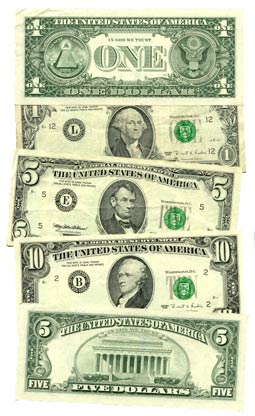
As a taxpayer, the costs for special elections come right out of your pocket!
How Elections Waste Money
They already waste a good deal of money anyway with this, even on regular elections, by sending the sample ballots and other informational pamphlets under separate cover. Sometimes as many as three separate mailings are sent!
Fortunately, with only a single seat up for grabs, that particular bit of waste is eliminated, but not so for regular general and primary elections.
The actual voting ballot, for absentee voters, is also sent separately.
Why Such High Costs?
First of all, the agency holding the election must pay all the poll workers, of whom four are required at each precinct. Then, they must in many cases, pay space rental for the day for those polling places.
Next, there is the cost in paper and printing of all the ballots for each and every registered voter in the area concerned. Add to this the postage for first-class mailing of said materials, and the cost of mailing out all the absentee (vote-by-mail) ballots for those who are so registered.
Our county elections department somehow manages to get their postage under a non-profit organization status--I'm not sure how or why--regardless: in the end it is a cost the taxpayers pay.
The most recent special election, as of this writing, is a single-issue ballot. At least, they had the sense to make it a mail-only election, thereby saving the cost of setting up polling places. A step in the right direction, but still, an additional cost.
Finally after the election, all of the same costs of tallying the votes and determining the outcome are the same as for a regular election.
As a taxpayer, all of these costs come out of your pocket!
What is the Solution? Is There One?
I believe there is. There would need to be some minor changes to laws regarding running for office, and how to replace sudden and unexpected departure from office for any of the reasons listed above. In short, I believe the entire concept and practice of special elections needs to go away.
Here are my own ideas on how to accomplish this goal:
- Disallow elected officials from running for a different office before their current term expires
- Re-set the terms of all elected offices of any type, from city all the way through federal, so that the expiry dates coincide with regularly scheduled primary or general elections (to effectively prevent the above from being an issue)
- Disallow retirement prior to the expiry of the current term of office (unless for serious health reasons or legal transgressions)
- Fill sudden, unexpected vacancies with a temporary appointment by consensus of the ranking body of the jurisdiction affected (mayor; board of supervisors; governor, etc)
- No special election may be held to decide any issue, proposition, tax, bill, or other item; such things are not so urgent that they cannot wait for the next regular election!
Yes, there would be some immediate effects, in that some officials would have their normal terms shortened, others lengthened by a few months, in order to sync up with the regular elections. It should not make a big difference in the scheme of things as a whole.
The major difference it would make, however would be one of cost savings, thereby freeing up that money for other items, such as infrastructure maintenance and repair; adding staff to departments that have been 'downsized'; subsidizing the cost of recreational programs, to make them affordable for all; and so forth.
It takes a great deal of work and effort to force things to be as complicated as they have become.
What Do You Think?
Do you agree with the ideas presented in this article?
Can it be Done?
In short, yes, it can be done.
This solution subscribes to the “KISS” principle. (Keep It Simple, Stupid; for those unfamiliar with the acronym.)
Some people like to take the outlook of “It isn’t that easy.” Well, yes, it is just that easy. It takes a great deal of work and effort to force things to be as complicated as they have become.
Even if taking these measures would require a vote, it could still be easily placed on a regular election ballot, and I’m pretty certain it would pass.
People get fed up with having their time and money wasted. This sort of practice probably factors in to the apathy that has many folks not bothering to vote at all. These suggestions would solve all three of these factors.
There is a saying of “I can’t means I won’t.” This can also apply collectively to legislative bodies who might try to say this “can’t” be done. It can, and it should.
© 2015 Liz Elias



